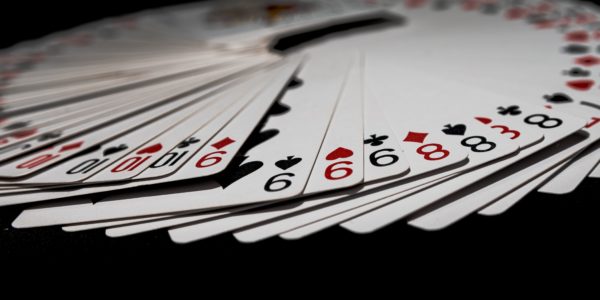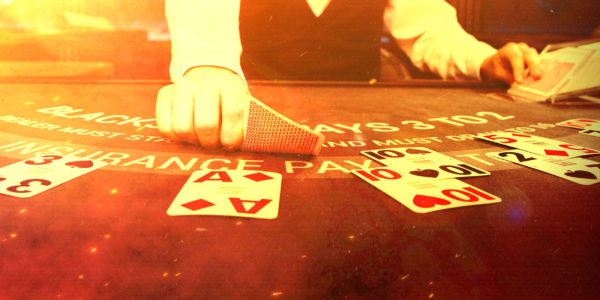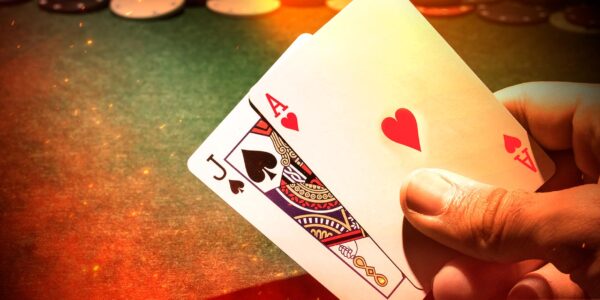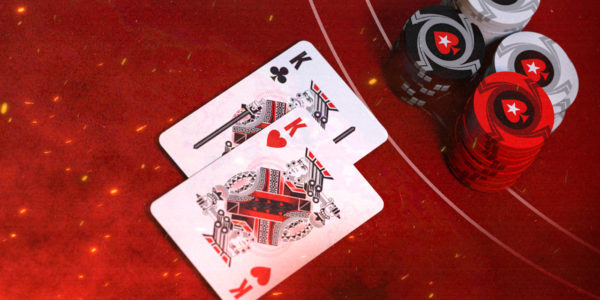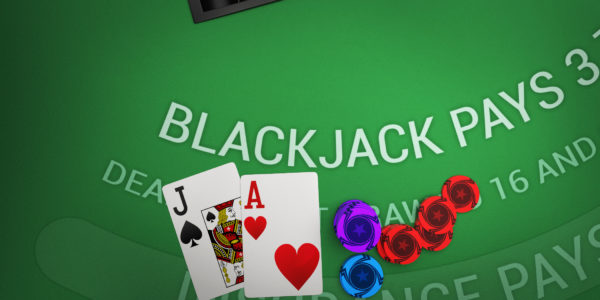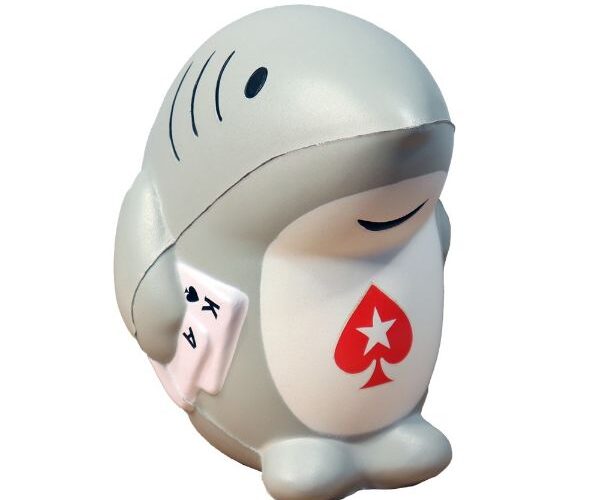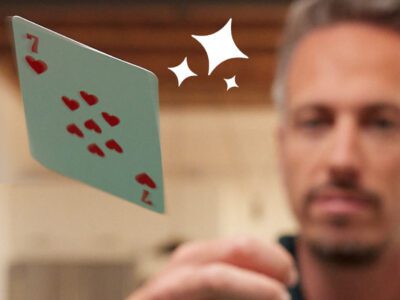Some Interesting Blackjack Myths
There are almost endless myths, legends and simple superstitions when it comes to Blackjack and ways of winning.
After a difficult session, many players are inclined to blame theories that are more fairytale than logic.
Although this game is known to have the lowest possible house advantage, it must be remembered that this advantage exists.
The only correct approach is a deep understanding of the game and possible strategies, and certainly not superstitions.
So let’s see what are the most widespread false myths about Blackjack and why they remain popular.
FALSE MYTHS ABOUT CARDS
Counting cards is illegal
Let’s start with the false myth par excellence, born from the famous Hollywood film and which convinced millions of beginners to try their hand at being the new Rain Man.
Counting cards is legal!
And on the other hand, how could it not be? The cards are turned over as they go and shown to everyone. Should they interrogate every player with a lie detector to verify that he or she has not memorized them?
As legal as it is, counting cards is only possible on live casino tables. Those who play at an online casino should be informed that the deck(s) are shuffled from scratch at the beginning of each hand.
Knowing how to count cards guarantees victory
Another legend that has been proven wrong throughout history.
Surely memorizing the cards already released offers a considerable advantage. However, the possible and remaining combinations always offer a space for possibilities, which is very different from certainty.
More experienced players know this difference and are therefore aware of the fluctuations that may occur during the game, both in winnings and in any losses.
The aim is to reach 21
If one wanted to simplify the rules to the bone, one could say something like that.
However, it is so limiting that it would prove wrong already in the first round of cards.
In this game the only opponent is the dealer and honestly it doesn’t matter if you are beating them by a small point or with a legendary point.
From a winning point of view, knowing how to stop before the 21st is probably a much more useful general rule for the player’s finances.
You are more likely to win after a series of losses
It is not a lottery game.
The chances of victory or defeat are statistically zero at the beginning of each hand.
Having counted the cards can help to know when it is more convenient to bet, but that victory comes “sooner or later” statistically can only lead to disappointments.
MYTHS ABOUT PLAYERS
Other players can make us lose
Definitely false, and on the other hand credible only for those who do not play Blackjack.
In this game each participant competes only against the dealer and the moves of the other participants should only serve us to know which cards have already come out.
Others winning or losing can only affect the overall morale of the table but not the outcome of our game.
The winning bench
Seen by many players as the monster to stay away from.
The dealer that stiches together a long series of victories is able to scare players who, often, may decide to sit at another table.
However, a long series of victories is hardly attributable to the dealer, and the cards do not know who the next figure will be or when the next ace will arrive.
The winning bench is another false myth that it would be more useful not to believe.
Increase bets progressively
This is a great way to lose control of your bankroll quickly.
There are many strategies at the casino that involve progressively increasing bets.
Some strategies are more extreme such as the doubling strategy, others softer that are based on Fibonacci sequences.
At the same time, for those who have read this article so far, or for those who know the rules, it should be clear that in Blackjack the increase in the stakes definitely does not constitute a winning strategy.




